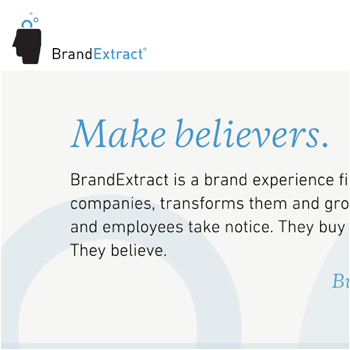Concatenate API Requests
When a page makes multiple API requests to third-parties — Twitter, YouTube, Facebook, Linkedin, Blogger, etc. — the size of those downloads can really add up and slow your site down, which is a drag for users. Bundlebee concatenates all into one request. With Bundlebee, there is at most one DNS lookup, significantly streamlining the process and decreasing load times. Especially on mobile.
Filtering Results
Not all the data you receive from the requests are needed. Bundlebee eliminates or filters out all the non-essential data, thereby reducing the size of the file and reducing the total download time, resulting in a snappoer experience for end-users.
Cache Results in Memory
Bundles are cached in memory to keep time-to-first-byte as low as possible.
FAST
POWERFUL
Convert Any Data Type to JSON
Bundlebee can convert most anything to JSON, the lightweight data interchange format and unrivaled standard on the Web that is easy on developers and browsers alike. No matter what form the data is in initially — RSS feeds, XML, CSV or KML — Bundlebee converts it all to JSON on the fly, so reading, writing, parsing and generating is much easier.
No Rate-Limiting
With Bundlebee, there is no one-size-fits-all rate limit. The customer is paying for Bundlebee, and therefore is not issued a request ceiling after which responses cease and pages are broken. Bundlebee eliminates such nuisances.
Multiple Paths to Data
Bundlebee can talk to a file or an ftp site, and it can perform database queries for you. Bundlebee doesn't have to talk to a data source over http. Any protocol that can be opened and accessed remotely, can be used by Bundlebee.
EASY
Safe Access to Secure APIs
Using a number of technologies such as Oauth, Oauth 2.0, Keystone and Keyframes, you can authenticate Bundlebee to talk to various accounts to acquire certain bits of data without exposing your credentials to the user.

Who's Using Bundlebee?
Companies and organizations with sites large and small are enjoying vastly superior performance with Bundlebee.
You don’t have to take our word for it. Try Bundlebee for yourself and see what all the buzz is about.
Start a free account24 hour support
You don't have to take our word for it. Try Bundlebee for yourself and see it in action. For a limited time, we're offering a free one-month trial.
SEARCH KNOWLEDGE BASE








